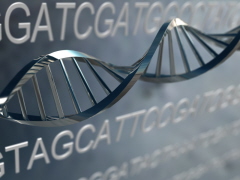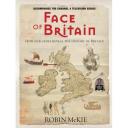 1.Who is GINA?
1.Who is GINA?
GINA isn’t a ‘who’, it’s a ‘what’.GINA stands for Genetic Information Non-Discrimination Act.
2.Okay, what is the Genetic Information Non-Discrimination Act?
GINA aims to protect individuals in a variety of different areas.The legislation would prohibit access to genetic information by insurance companies and would prohibit insurance companies from discriminating against an applicant based on genetic information, the refusal to submit genetic information, or for have been genetically tested in the past.Additionally, the Act would prohibit employers from using or collecting genetic information to make employment decisions. The Act also establishes a Genetic Nondiscrimination Study Commission that is charged with reviewing new developments in the field of genetics and advising Congress.
 I was unaware that today is actually DNA day. Learn more
I was unaware that today is actually DNA day. Learn more 